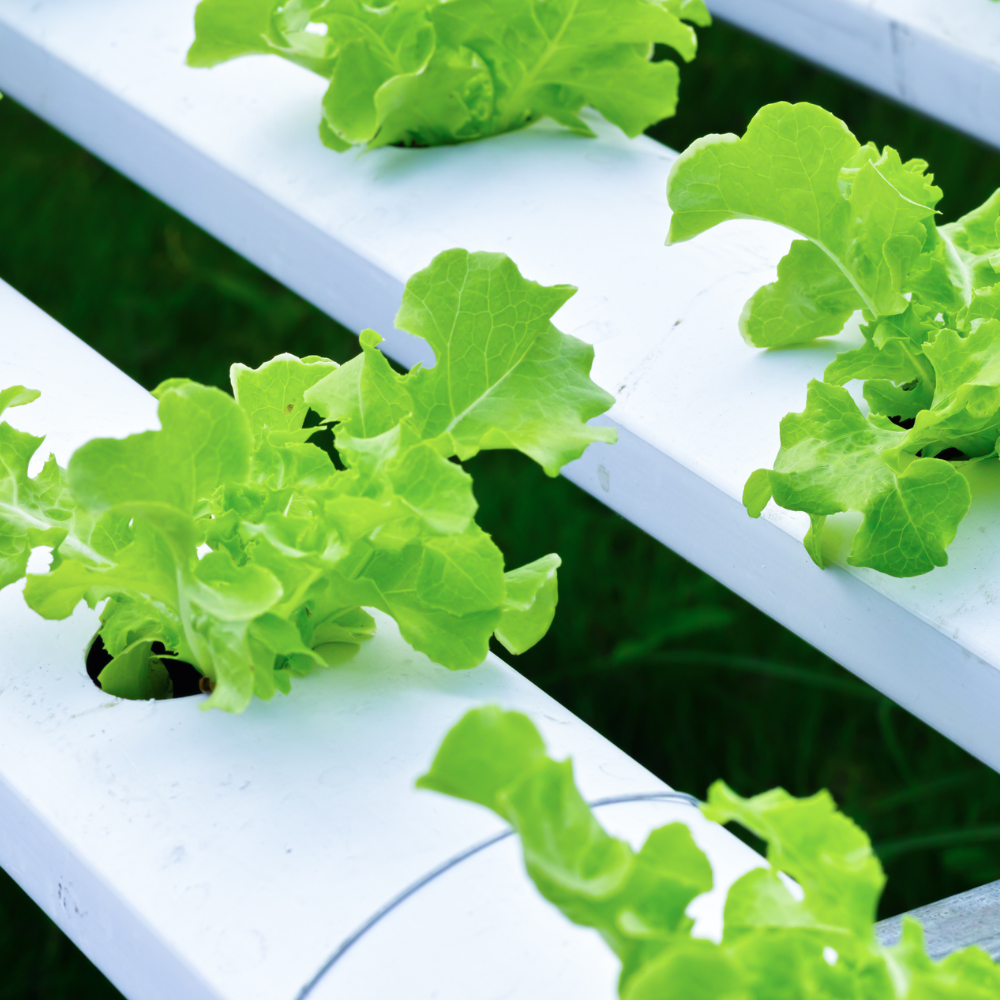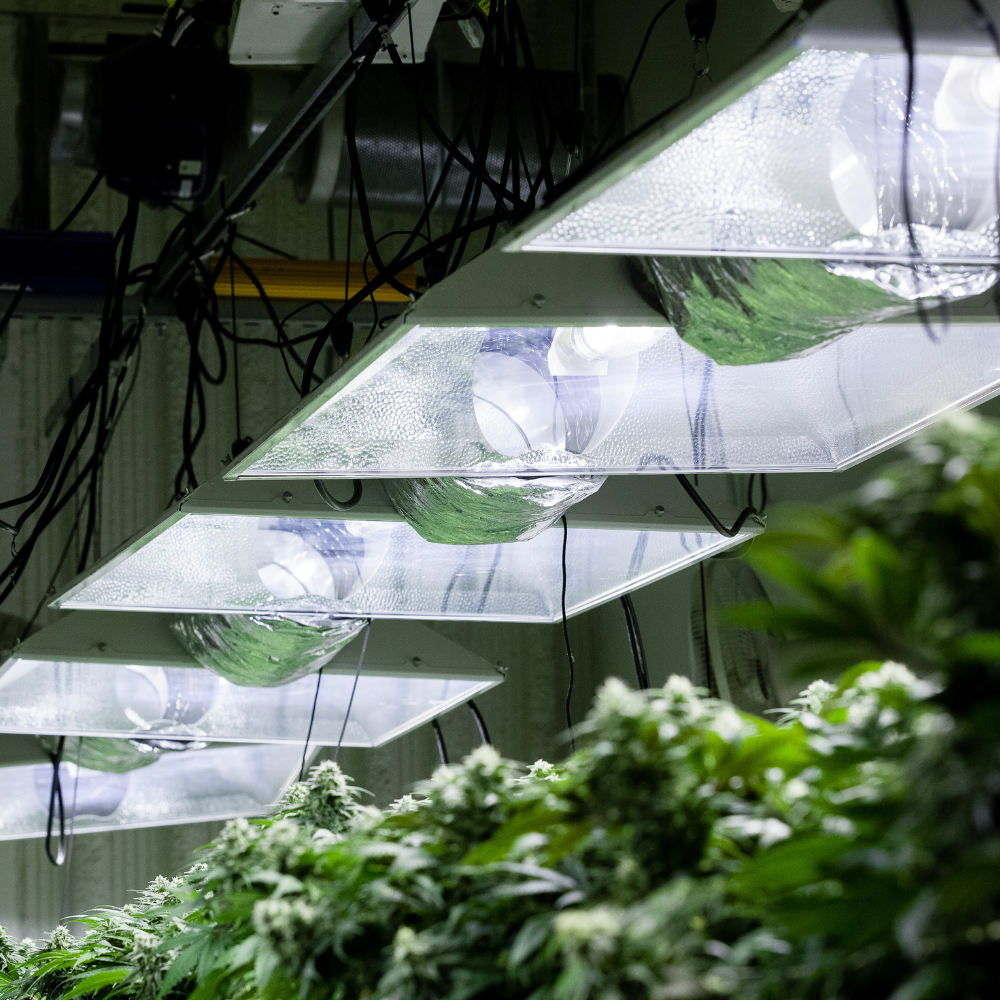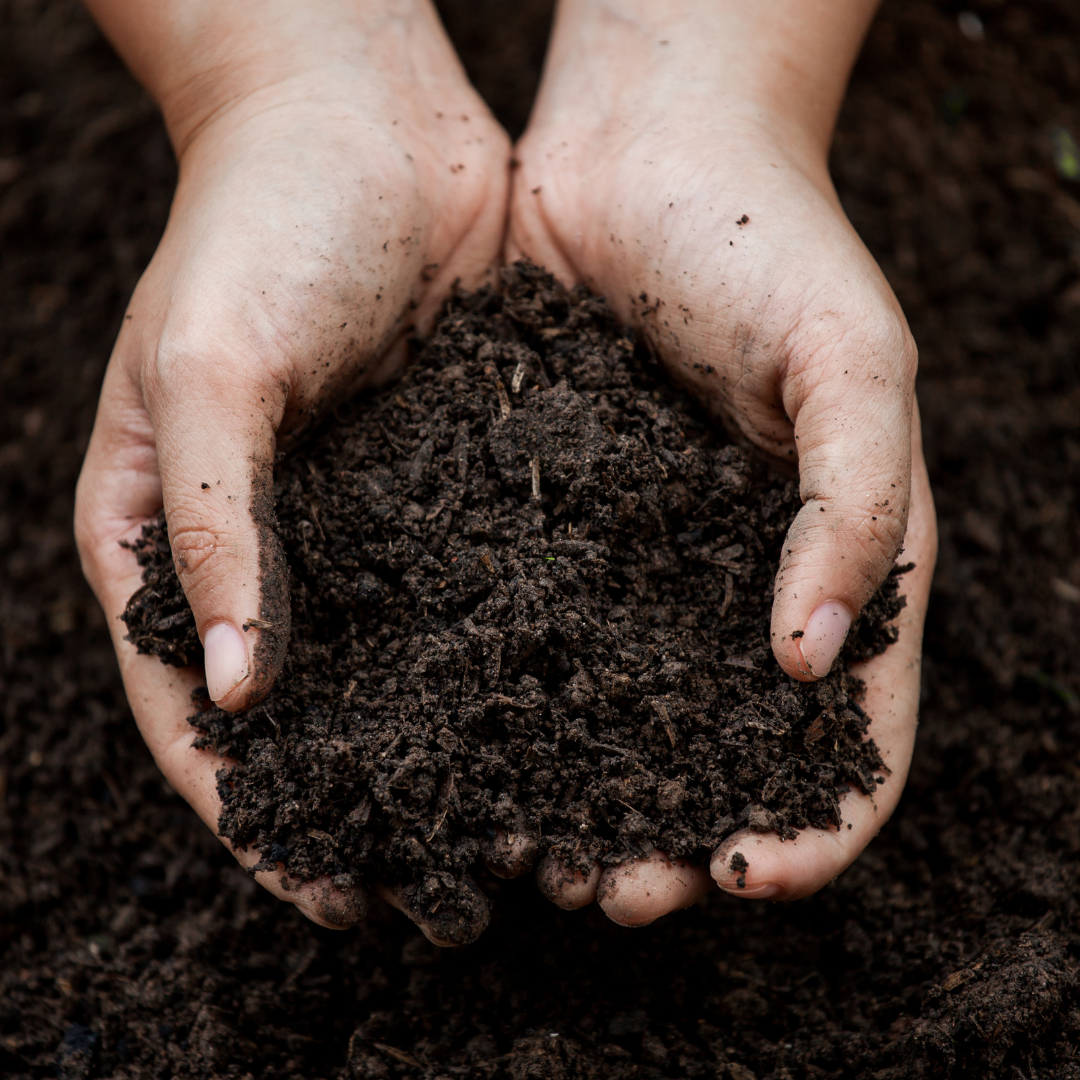Have you ever thought about growing your own vegetables indoors, but don't have a backyard or enough space for a traditional garden? Look no further than basement hydroponics!
Hydroponic growing is a method of gardening that doesn't use soil. Instead, plants grow in a nutrient solution filled with water and essential minerals. Hydroponic gardening is a great option for growing plants indoors because it is efficient and requires less space than traditional gardening.
To start a basement hydroponic garden, you will need a hydroponic system, which can come in various designs. One popular design is the flood and drain or ebb and flow system. This system consists of a reservoir filled with nutrient solution, a tray where the plants will grow, and a pump that will flood the tray with the nutrient solution.
When using the flood and drain system, make sure the tray is level and that the plants are elevated above the nutrient solution. This will prevent the plants from becoming waterlogged and developing root rot.
Once you have your hydroponic setup, it's time to choose which plants to grow. Vegetables like lettuce, spinach, and swiss chard are great choices for hydroponic growing because they thrive in a high-moisture environment and have a relatively short growth cycle.
Before you start growing your plants, it's important to choose the right nutrient solution. Most hydroponic gardeners use pre-made nutrient solutions that can be purchased online or at a local gardening store. These solutions will contain all the necessary minerals and nutrients needed for optimal plant growth.
When using a hydroponic system, it's important to maintain a consistent water and nutrient level. Check the water level daily and top off the nutrient solution as needed. If you notice that the water is becoming murky, it's time to change the solution.
In addition to water and nutrients, plants in a hydroponic garden also need light to grow. If you're growing your plants in a basement, you will need to use grow lights to provide the necessary light for photosynthesis.
When choosing grow lights, it's important to consider the type of plants you're growing and their stage of growth. Vegetative growth requires a different type of light than flowering or fruiting stages.
The amount of light your plants need will depend on the type of plant and its growth stage. Most vegetables need around 12 to 16 hours of light per day. Make sure the grow lights are positioned above the plants and that they are not too close or too far away. Too much or too little light can cause problems for your plants.
Another important aspect of hydroponic gardening is maintaining the pH level of the nutrient solution. The ideal pH level for most plants is between 5.5 and 6.5. To maintain the pH level, you will need to test the solution regularly and adjust it as needed. A pH test kit can be purchased online or at a local gardening store.
In addition to maintaining the pH level, it's important to keep the hydroponic system clean. Remove any dead leaves or debris from the nutrient solution and regularly clean the system to prevent the growth of algae or other harmful bacteria.
Overall, growing a hydroponic garden in your basement can be a rewarding and efficient way to grow your own vegetables. With the right hydroponic system, nutrient solution, and grow lights, you can successfully grow lettuce, spinach, swiss chard, and other vegetables year-round.
Remember to maintain a consistent water and nutrient level, adjust the pH level as needed, and keep the system clean to ensure the best possible growing conditions for your plants. Happy gardening!








